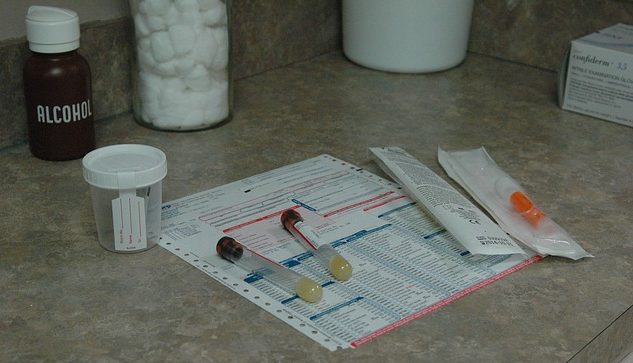Step into a doctor’s office for a checkup and more often than not, you’ll be weighed, your blood pressure will be checked and you will be asked to pee in a cup so that your urine can be tested. For older adults, a urine test is generally of little if any benefit and can be harmful, writes Paula Span for The New York Times. Unless you have symptoms, ask your doctor if you can skip it.
What’s particularly odd about urine testing is that it’s done on people who have no symptoms of infection—no pain or blood when they urinate, no fever. If the lab finds bacteria in the urine, as is typical for older adults—positive lab results—it is not a sign of infection or a need for treatment. Still, older adults with bacteria in their urine, without symptoms, are often prescribed antibiotics.
Indeed, the older you are, the more likely it is for doctors to prescribe you antibiotics even though you don’t need them, according to findings in one study. JAMA Internal Medicine recently published an editorial about this problem. The latest recommendation is for doctors to stop giving urine tests to older adults who are asymptomatic for infection.
The US Preventive Services Task Force, an independent expert group, has asserted repeatedly since 1996 that no one without symptoms benefits from a urine test, except pregnant women. And, particularly for older adults, there are risks of harm from antibiotics, which they may be prescribed but don’t need. Side effects include nausea, harm to kidneys and harmful drug interactions, as well as C-difficile, which can be extremely difficult to treat.
It had been thought that urinary tract infections could cause delirium in older adults, but today many people think that view is baseless. It’s more likely that patients with delirium are dehydrated and need liquid or experienced a disorienting change of medicines or place.
Doctors need to stop prescribing antibiotics when they are not necessary. And patients need to ask more questions when tests are recommended. Do I really need this test? Why? If it’s simply routine, ask to skip it. If a urine test is intended to determine the cause of symptoms, such as pain when you’re peeing, you need it. Here are more questions to ask to avoid overtreatment.
Here’s more from Just Care:










